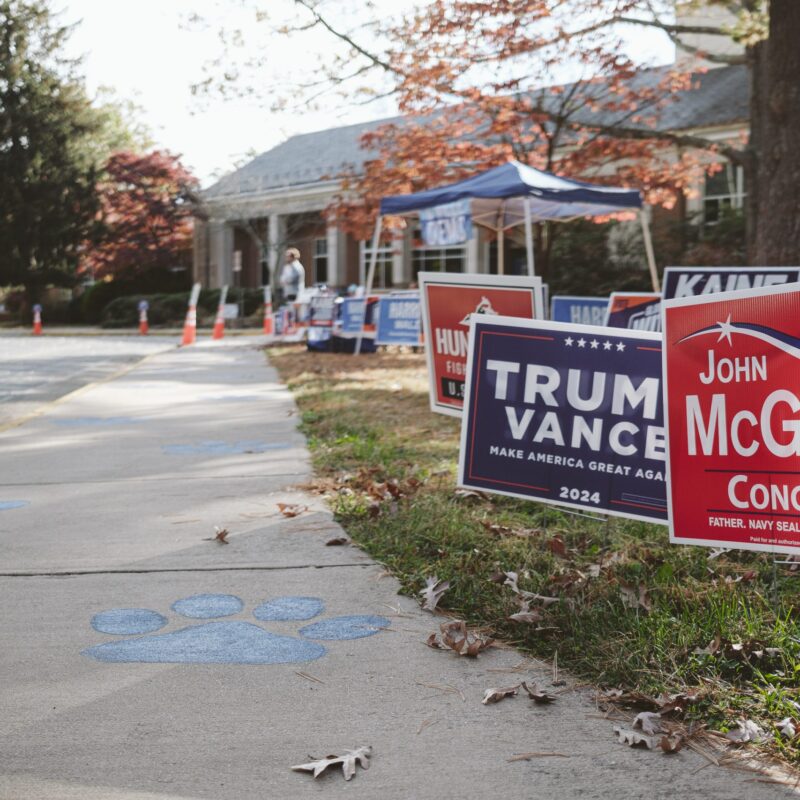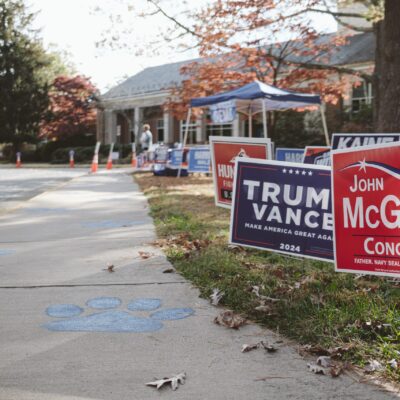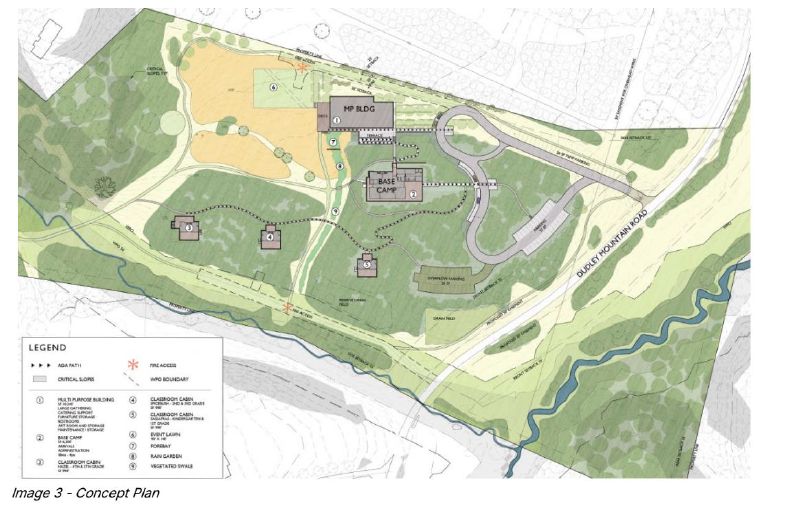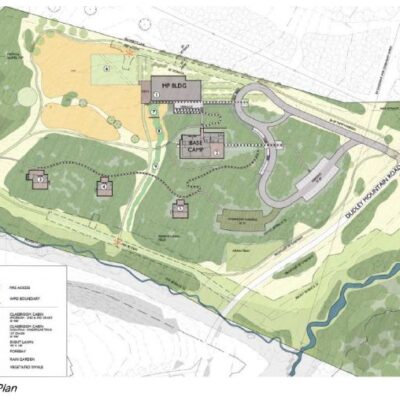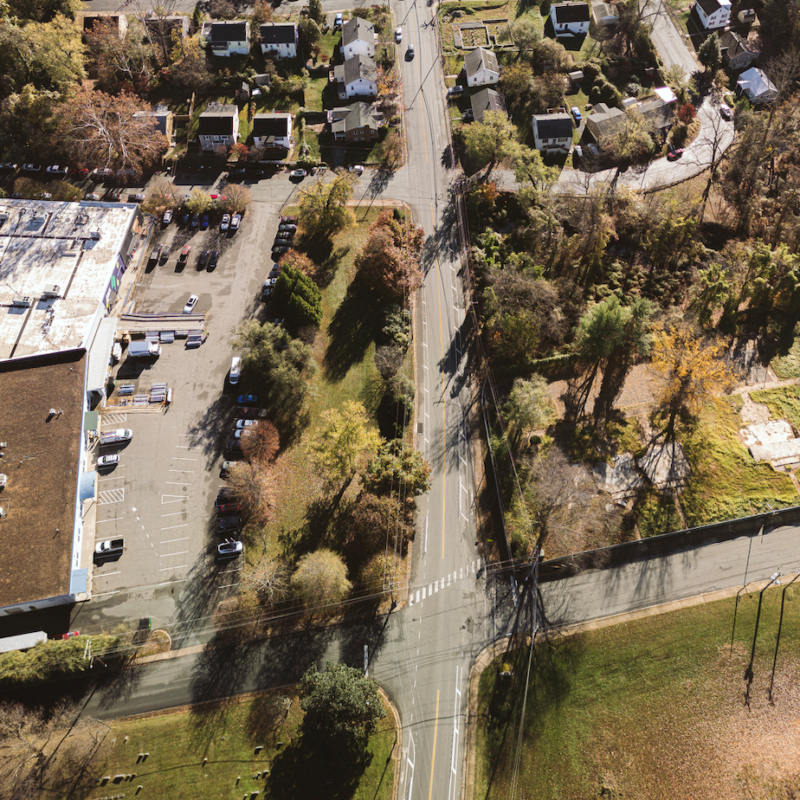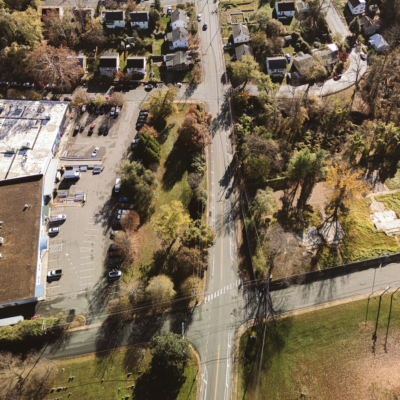Can destructive development be stopped by a well-crafted essay? Janisse Ray thinks it’s worth a try. Along with fellow Southern writer John Lane, she’ll lead a discussion on March 24 during the Virginia Festival of the Book on how literature might be part of the environmentalist’s toolbox. (The Southern Environmental Law Center, which sponsors a yearly nature writing contest, will host the event.) Ray is best known for her book Ecology of a Cracker Childhood, a memoir about her upbringing in a Georgia junkyard.
C-VILLE: You moved to Vermont in 2004. Leaving the place of one’s birth, but traveling back to it often, is now an American way of life. What is the ecology of all this travel?
Janisse Ray: I basically think it’s the ecology of death. I know we’re a curious species…We all love to see new places, but our lack of devotion to certain landscapes, our willingness to use resources without knowledge of where they come from and what the toll is on that place, and our devouring of fossil fuels, is destroying the planet.

The pen is mightier than the bulldozer? Janisse Ray speaks to the power of nature writing.
|
Do you believe that literature can stop environmental destruction?
I’ve put my whole life into this theory: I believe in a literature of change. I often harken back to Marjory Stoneman Douglas’ The Everglades: River of Grass. [Without the book] we would not have preserved [the Everglades] and we wouldn’t be restoring it right now. However, we all know that lots of places have been written about very beautifully and artfully and are still destroyed. An example are the mountaintops of West Virginia and Kentucky. Every major magazine has done stories about mountaintop removal, but we’re still watching them being blasted away daily. As an activist, I know the power of literature and yet I also know that the most powerful element of our democracy is legislation.
You’re known as a Southern writer because of your subject matter, but do you think there’s something Southern about the way you write?
The best Southern writers have this dexterity with vocabulary…our vocabulary is more alive than other vocabulary. Maybe it’s our biological diversity and our geographical diversity that gives us such an incredible vocabulary.
I feel that as we lose community and history and turn our towns into strip malls, we actually are losing the ground that has produced what has typically been known as Southern literature.
C-VILLE welcomes news tips from readers. Send them to news@c-ville.com.
